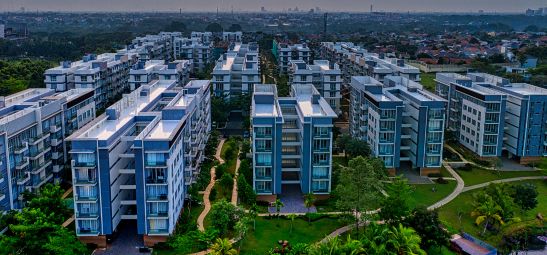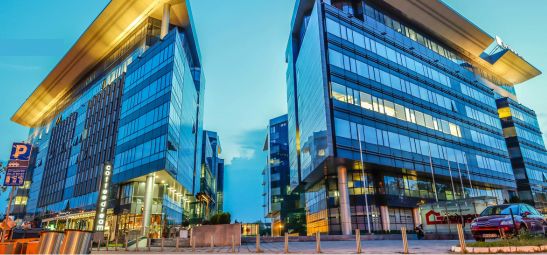Our Properties Type
Looking For Inspiration
We help you Choose the right property to Live, Work and Invest


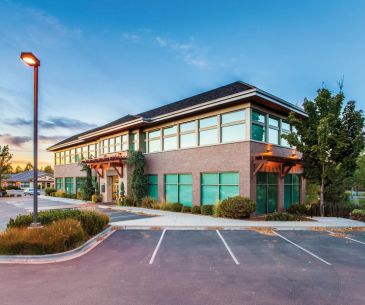
OUR PROJECTS
RESIDENTIAL PROJECTS
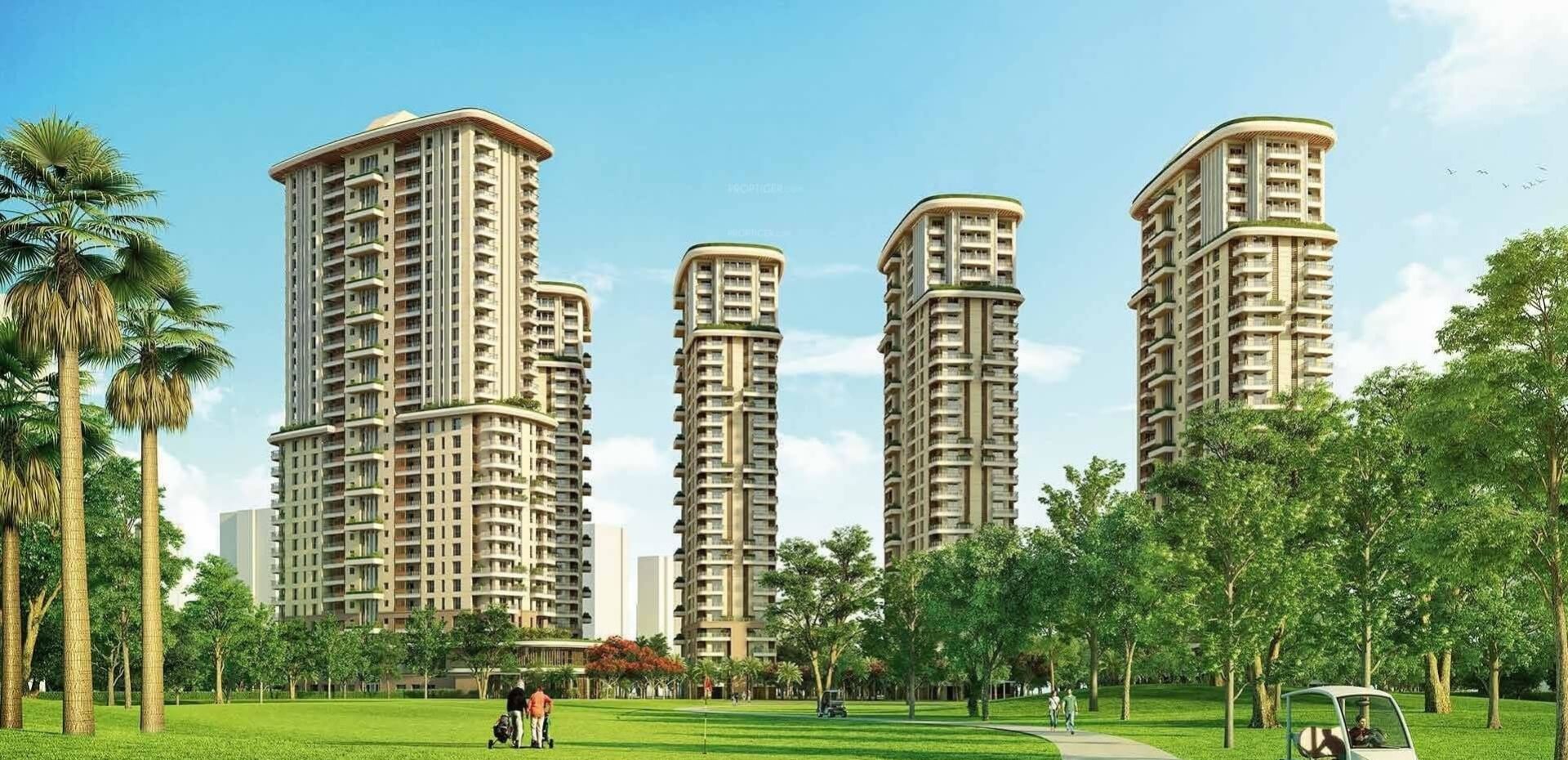
Antara Noida
Sector 150, Noida-Greater Noida Expressway, Noida
2 & 3 BHK | Starting Price : ₹2.15 Cr


Godrej Jardinia
Sector - 146, Noida, Gautam Buddh Nagar District, Uttar Pradesh, India
2, 3, 4 BHK | Starting Price : ₹2.91 Cr
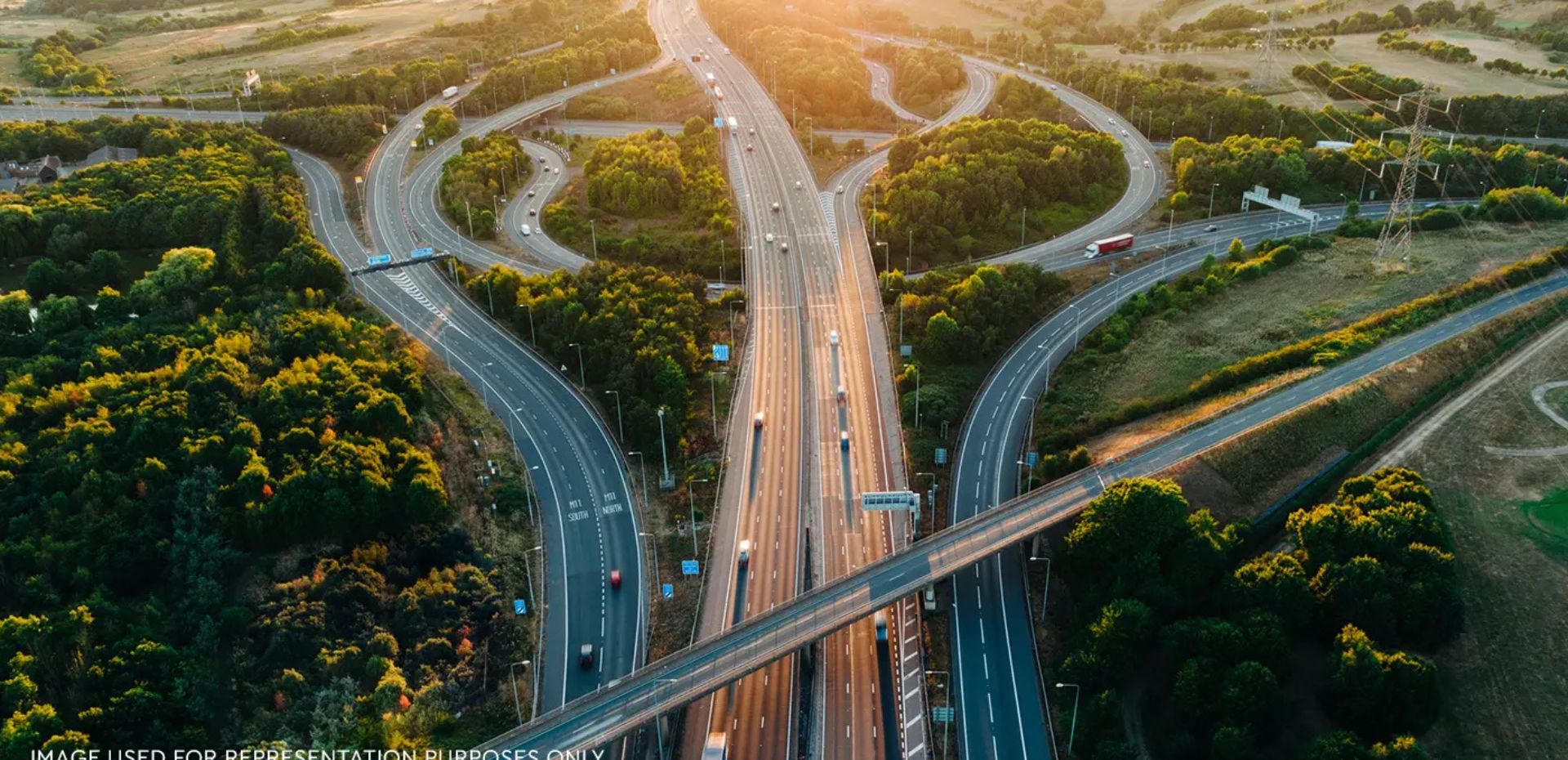
Godrej Riverine
Chhalera Bangar, Sector 44, Noida, Uttar Pradesh
3.5 & 4+ BHK | Starting Price : ₹7.30 Cr
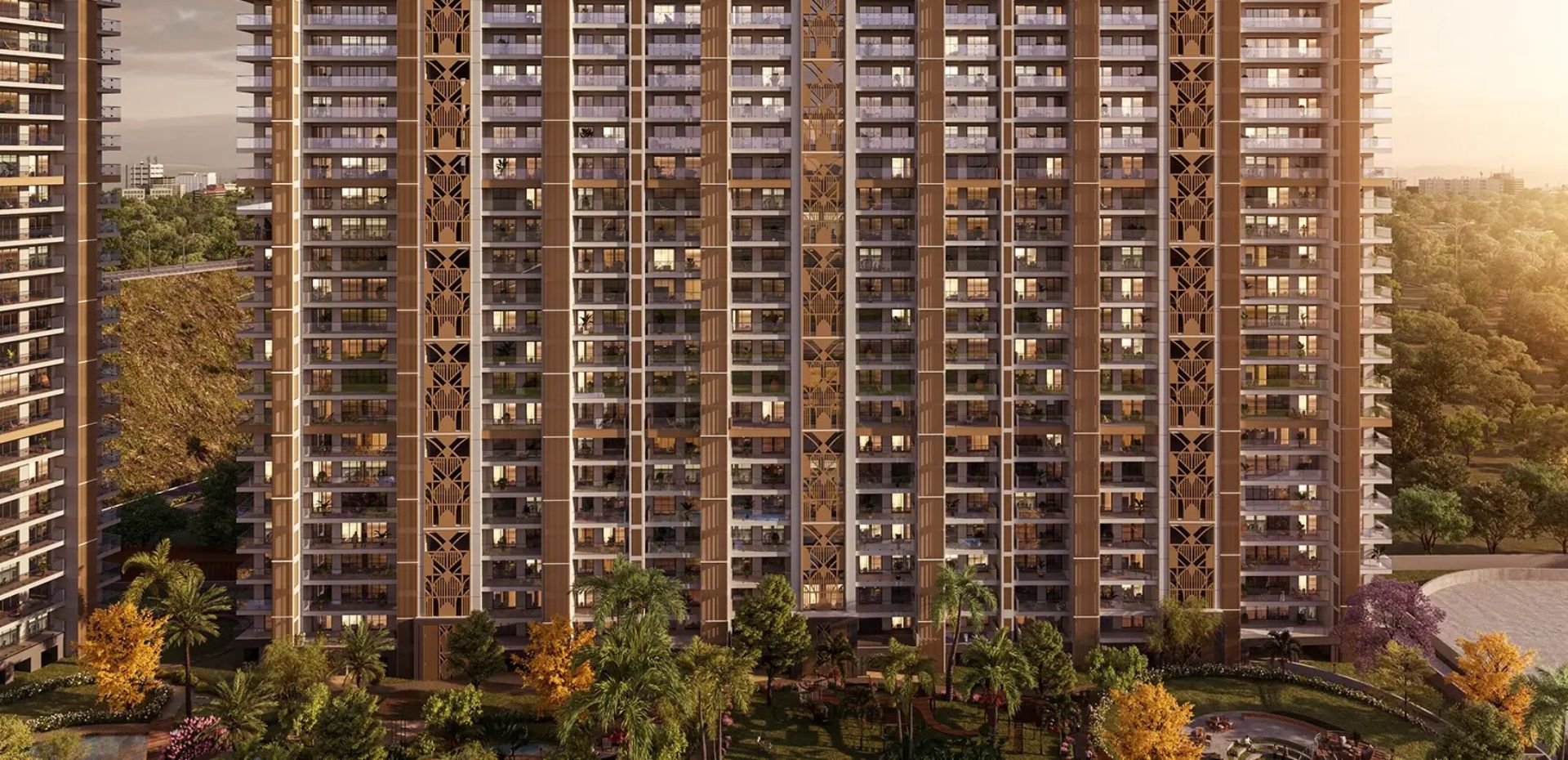
Godrej Tropical Isle
Sector 146, Noida-Greater Noida Expressway, Jhatta
4 BHK | Starting Price : ₹5.51 Cr
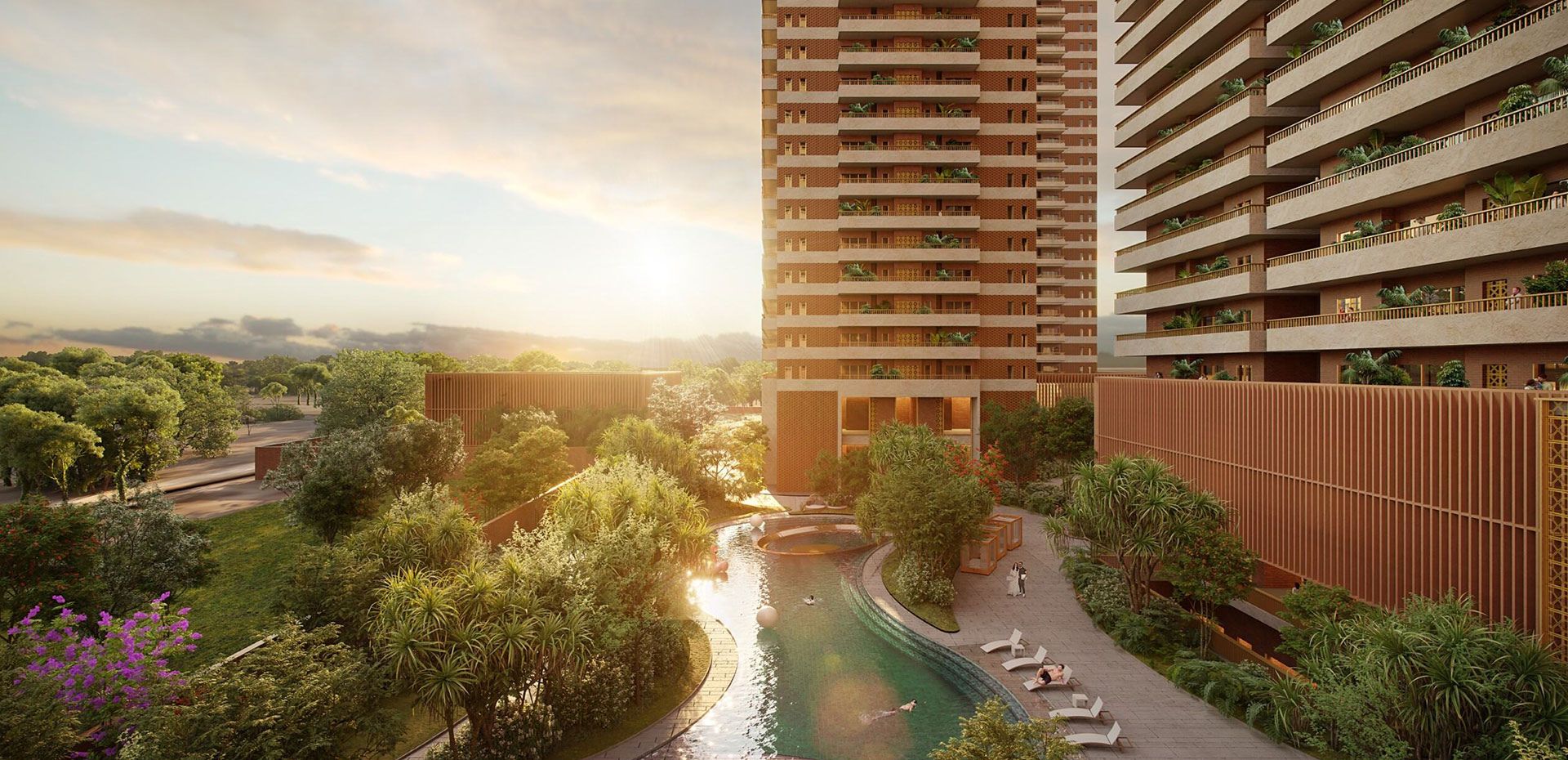
OUR PROJECTS
COMMERCIAL PROJECTS
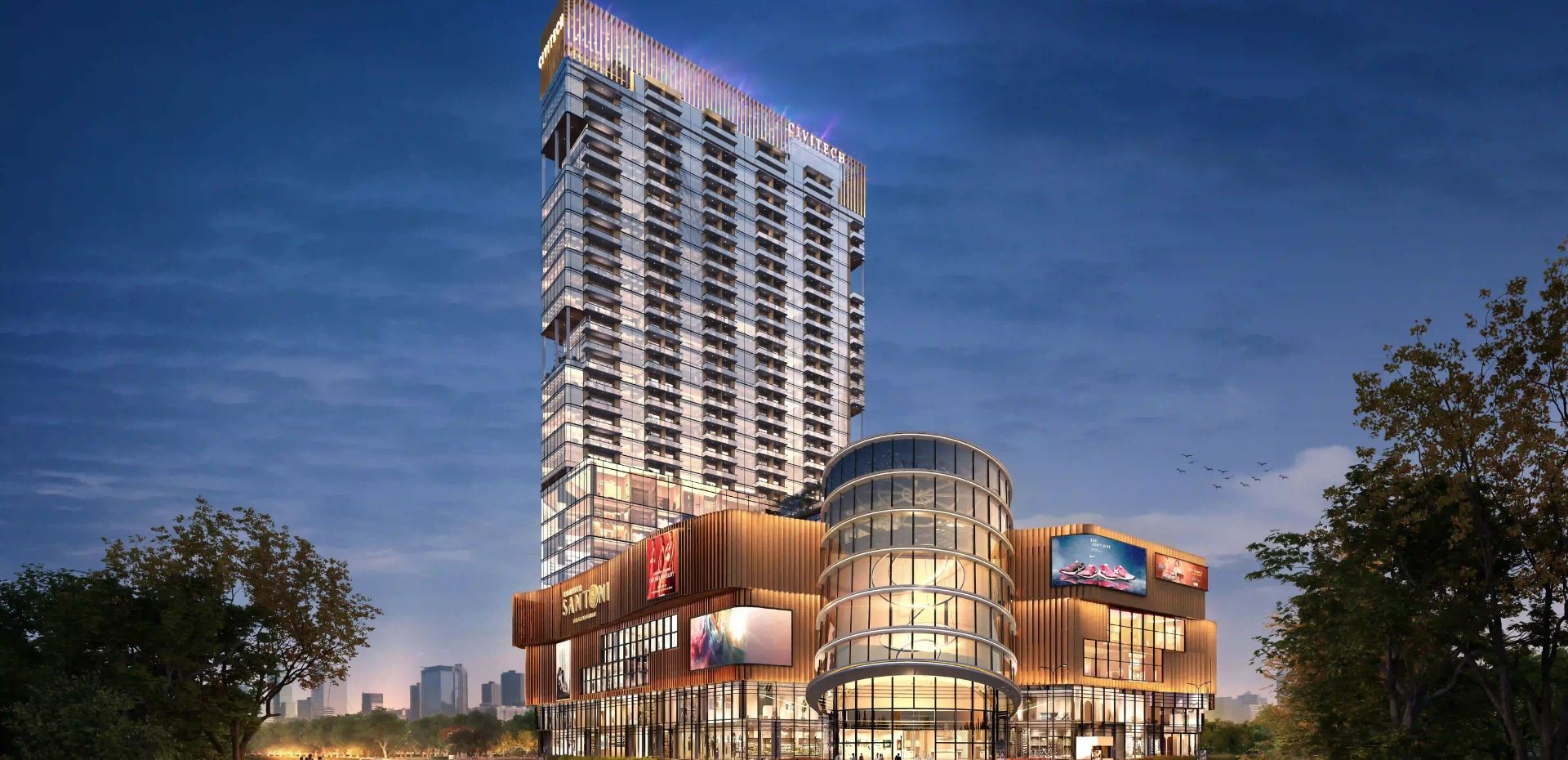

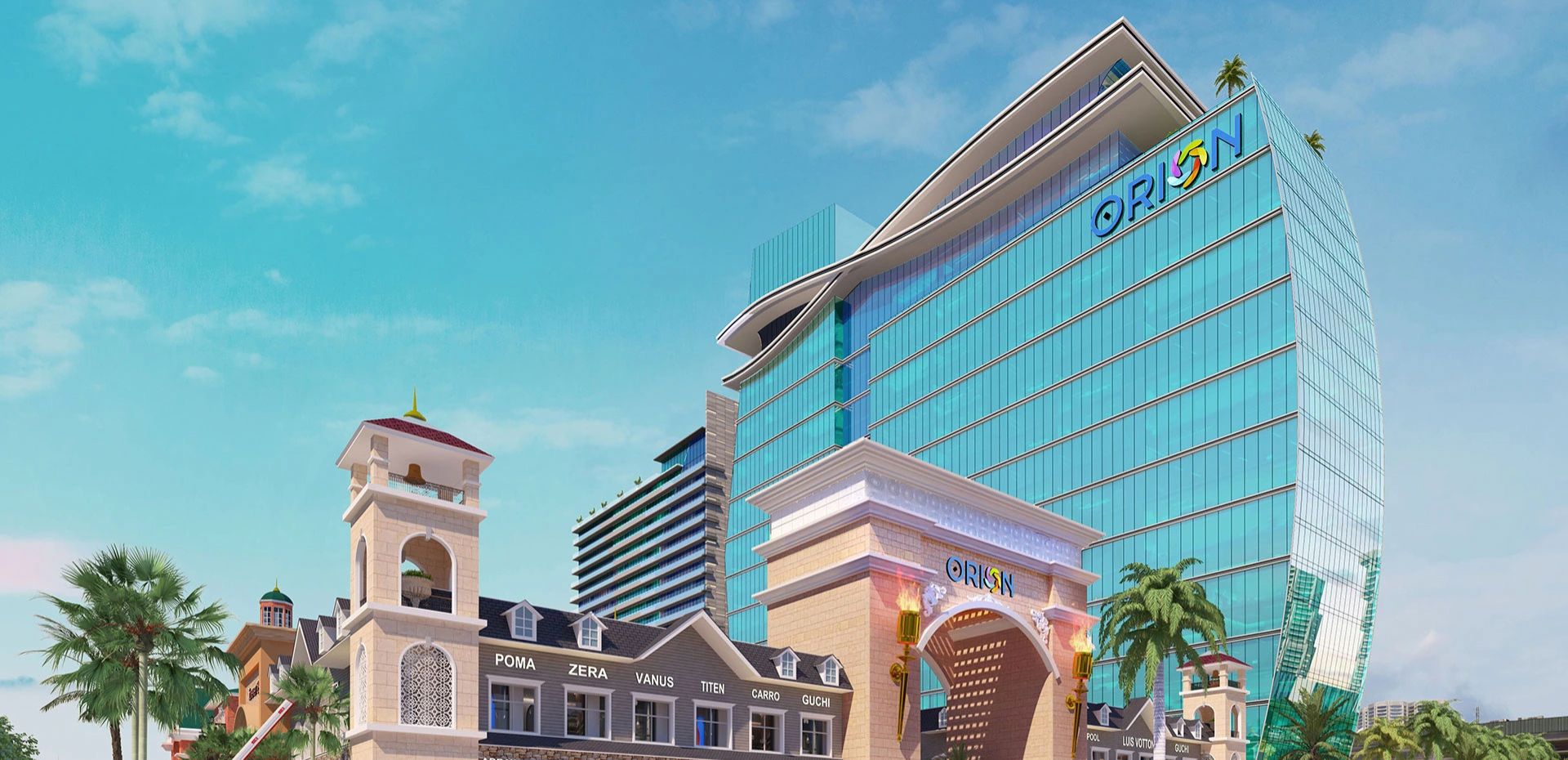
FAQ's
Presently, India's real estate market comprises residential, commercial, retail and hospitality sub categories.
As per Real Estate (Regulation and Development) Act, 2016, “Carpet Area” means the net usable floor area of an apartment, excluding the area covered by the external walls, areas under service shafts, exclusive balcony or veranda area and exclusive open terrace area, but includes the area covered by the internal partition walls of the apartment.
The Real Estate (Regulation and Development) Act, 2016 is an Act of the Parliament of India which seeks to protect home-buyers as well as help boost investments in the real estate industry. The Act came into force from 1 May 2016.
A few of the overarching themes in the Act are as follows –
- Regulatory oversight on real estate developers and real estate agents
- Purchaser’s rights and duties
- Real estate developers’ function, duties and obligations
- Real estate agent’s duties and functions
- Dispute resolution
The Confederation of Real Estate Developers' Association of India (CREDAI) is an association formed by developers and builders in India for self-regulating the business of real estate development. CREDAI has more than 8500 member developers and builders through 112 member associations with representation in all the major cities and states of the country. CREDAI has its office at #703, Ansal Bhawan, Street 16, Kasturba Gandhi Marg, New Delhi, Delhi 110001.
Before the execution of the sale deed, the buyer should ascertain that the title of the property is free of all encumbrances. Verification of the encumbrance status from the registrar's office is a must for the buyer purchasing the property. After ensuring that the property is free from encumbrances, the purchaser should also corroborate that all the statutory payments such as water/electricity bill, cess, property tax and maintenance charges have been cleared and no further dues or permission is to be taken for the transfer of property through a sale deed.
Buyers of a property must take note that the sale deed is one of the most important documents which establishes the proof of ownership post the purchase is made. Hence, one must make it a point to acquire this document.
When you apply for a home loan, the lender considers – Your income and loan repaying capacity to determine loan eligibility. Other factors include your age, retirement age, financial position, credit history, credit score.
Enhance your borrowing ability by –
- Adding an earning family member as co-applicant.
- Availing a structured repayment plan.
- Ensuring a steady income flow, regular savings and investments.
- Furnishing details of your regular additional income sources.
- Keeping a record of your variable salary components.
- Taking actions to rectify errors (if any) in your credit score.
- Repaying ongoing loans and short terms debts.
A ‘Person of Indian Origin (PIO)’ is a person resident outside India who is a citizen of any country other than Bangladesh or Pakistan or such other country as may be specified by the Central Government, satisfying the following conditions :
- a. Who was a citizen of India by virtue of the Constitution of India or the Citizenship Act, 1955 (57 of 1955); or
- b. Who belonged to a territory that became part of India after the 15th day of August, 1947; or
- c. Who is a child or a grandchild or a great grandchild of a citizen of India or of a person referred to in clause (a) or (b); or
- d. Who is a spouse of foreign origin of a citizen of India or spouse of foreign origin of a person referred to in clause (a) or (b) or (c)
A PIO will include an ‘Overseas Citizen of India’ cardholder within the meaning of Section 7(A) of the Citizenship Act, 1955. Such an OCI Card holder should also be a person resident outside India.
NRIs and OCIs are allowed to acquire and own immovable property (other than agricultural land, plantation property or farm house) in India. However, if you are a citizen of Pakistan, Bangladesh, Sri Lanka, Afghanistan, Iran, Nepal or Bhutan (and such other countries as may be notified from time to time), you need prior permission from the Reserve Bank of India to acquire property in India. The basic conditions and restrictions on property ownership by NRIs / OCIs are laid down by the Foreign Exchange Management Act 1999 (FEMA).
- NRI can take a loan to buy/ extend/refurbish/build property and to buy land.
- It is desirable to appoint a Power of Attorney in India to act on your behalf in your absence
- NRI needs an NRE/NRO account in India to make EMI payments.
- NRI get tax benefits on repayment of your home loan.

